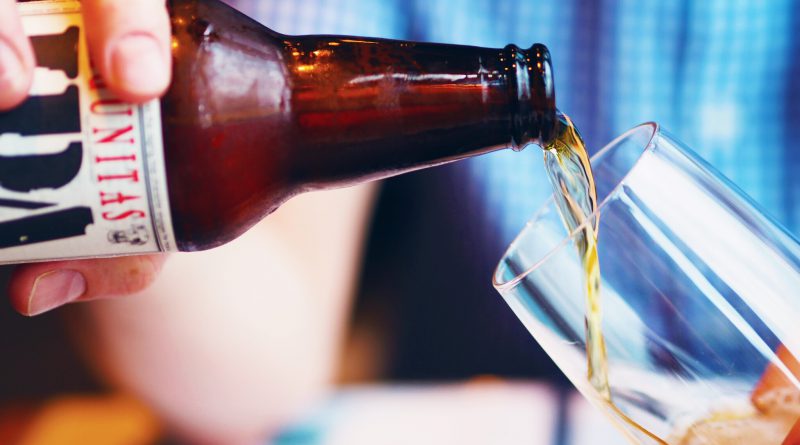Hate IPAs? You’ve Likely Been Genetically Programmed
1,689 total views, 1 views today
“Blech” is the reaction associated with bitterness experienced through taste. Indian Pale Ale (popularly known as IPAs) which has always stolen the spotlight in past decades is one of America’s most popular craft beers, and it is bitter. The bitterness of the beer is attributed to the presence of hops in its brewing.
People react differently to IPAs; they either hate it or they don’t. However, if you belong to the class of those that simply cannot stomach its bitterness and look to alternatives with a juicy finish like New England IPA substyle (NEIPA), it means that you experience bitterness on a higher level.
Your reaction to IPAs is largely attributed to factors beyond your control, with deep-seated roots in genetics, instinct and learned behavior. Far beyond instincts, genes have a role to play in how you react to the bitterness.
Health science curator and Director of the Genetics Taste Lab of the Denver Museum of Nature and Science, Garneau shared some interesting facts. According to her, out of 25,000 genes that are determinants of our body functions, 40 affect bitterness detection at different times. Out of this number, 25 is confirmed while about 15 remains hypothesized; it is a statistic that renders a form of truth to the claim that there’s a relationship between bitterness and genetics.
In explaining how genes control our reaction to taste specifically, Garneau says, “the genes produce a protein that resides in taste buds i.e. the papillae on your tongue and acts as a receptor. When molecules from food substances sit atop the reactors, they send a signal to the brain, causing the brain to say ‘that’s bitter!’”
Our genes are made up of codons which are further made up of nucleotides arranged in different orders. Hence, a change in its arrangement can affect the signal communicated to the brain, causing our perception of bitterness to differ. A study further revealed that 75% of humans detect bitterness while 25% do not.
However, despite genetics and our natural tendency to dislike bitter things, many people can still train themselves to like bitterness. Factors like cost, culture, availability, experience, parent modeling, societal pressure, and valuation, could make a person develop more allowance for bitterness. For example, some attribute positive experiences like having a good time with friends with the taste of IPAs and thus become accustomed to drinking it.
International Bitterness Units (IBUs) can measure the bitterness of a beer but they do not measure the taste of the beer after the brewing process is completed. If you are looking to IBUs as a sole determinant of how bitter a beer is, you might get a slightly inaccurate result because how we all taste bitterness is quite different.
It is important to understand the workings of your genes and your instincts as they can give you clear insight into your reaction to bitter and hoppy beer. So, your first trial of an IPA does not have to be your last. You can keep sampling and testing the waters until you find the one that best suits you.


My dad loves these and I simply cannot understand him.
It tastes like piss and no amount of trying will get me to like this.
My friend making fun of me when I’ve been saving my own life. I should send them this so they can leave me alone.